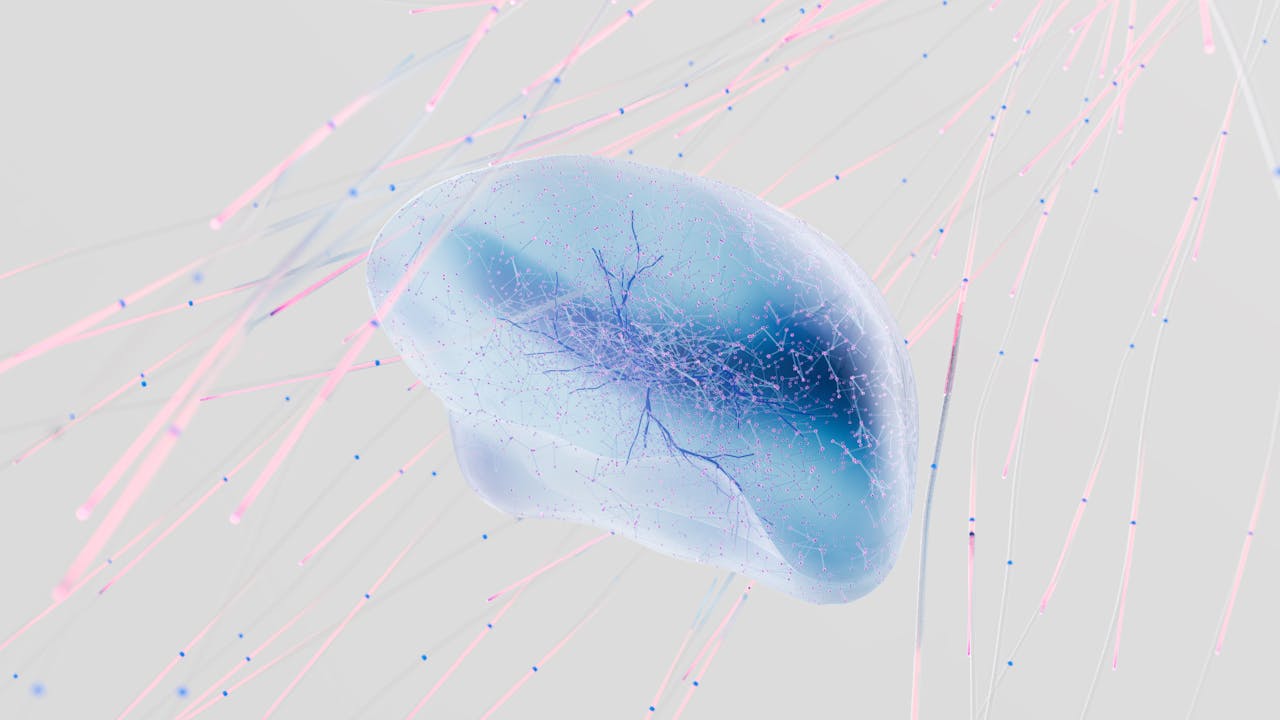News
Promiscuous Mouse Moms Have Sexier Sons
When mother mice involve socially for mates in a rather promiscuous environment, they give birth to more active sons, study proves. Their sons play hard till they live but die young. Their sexier smell is the reason of their shorter lives.
“If your sons are particularly sexy, and mate more than they would otherwise, it’s helping get your genes more efficiently into the next generation,” said biology professor Wayne Potts who is also a senior author of the new study in the press release.
“Only recently have we started to understand that environmental conditions experienced by parents can influence the characteristics of their offspring. This study is one of the first to show this kind of ‘epigenetic’ process working in a way that increases the mating success of sons.”
Those male mice whose parents freely involved in seminatural “mouse barns” were seen to produce more than 30 percent major urinary proteins. These are sex attractants that are called pheromones. Interestingly the pheromone output increased even though the male offsprings never competed socially, the report finds.
“Production of pheromones is outrageously expensive,” Potts added in the press release. “A single mouse’s investment in pheromone production compares with the investment that 10 male peacocks make in the production of their tails, which also are used to attract females.”
The study also illustrated the fact that the newborn mouse’s health, lifespan and ability to attract mates did not depend solely upon their parents’s gene but also on epigenetics. Epigenetics is how parents’ environment modified their offspring’s genes to influence the total amount of protein produced.
“Pheromones are the language of mice,” said the study’s first author and former University of Utah doctoral student Adam C. Nelson in a press release. “When females mate in a socially competitive environment, they program their sons to have a head start by producing more pheromones.”
The study has been published online in the journal Proceedings of the National Academy of Sciences.









Join the Conversation